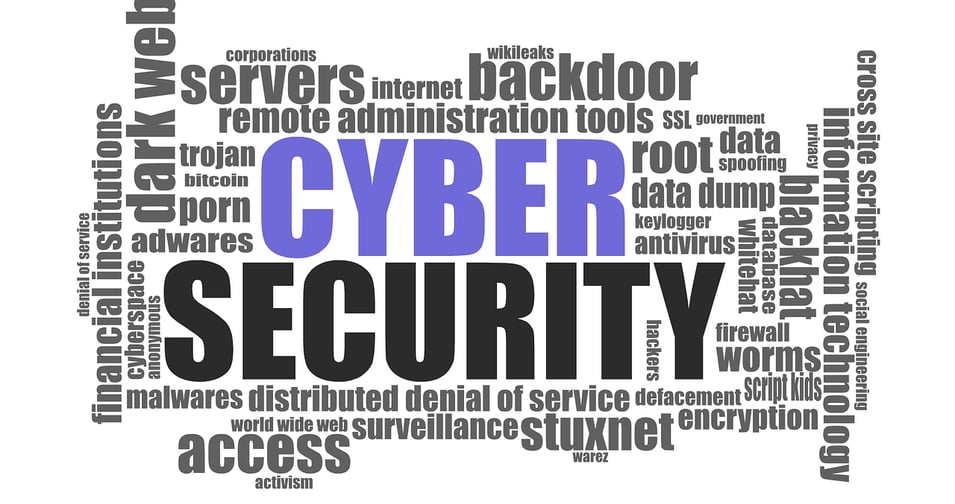A Comprehensive Guide to Starting a Career in Cybersecurity
In today's digital age, cybersecurity has become more critical than ever. With cyber threats on the rise, organizations are constantly seeking skilled professionals to protect their digital assets. If you're considering a career in cybersecurity but don't know where to start, this guide will provide you with a comprehensive roadmap to kickstart your journey.
CYBER SECURITY
6/2/20242 min read


Understanding the Field of Cybersecurity
Cybersecurity is a diverse field that encompasses various roles and responsibilities. Some common cybersecurity roles include:
Ethical Hacker/Penetration Tester: Identifying and exploiting vulnerabilities in systems to improve security.
Security Analyst/Engineer: Monitoring and securing IT systems from cyber threats.
Incident Responder/Forensic Analyst: Investigating and responding to security incidents.
Security Consultant: Advising organizations on security best practices and implementing security solutions.
Step 1: Develop a Strong Foundation
Before diving into cybersecurity, it's essential to have a solid understanding of the basics. Familiarize yourself with computer networks, operating systems, and programming languages. Online courses, tutorials, and books can help you build a strong foundation in these areas.
Step 2: Choose a Path
Cybersecurity offers a wide range of specializations, so it's essential to choose a path that aligns with your interests and skills. Some popular paths include:
Network Security: Focuses on securing networks from unauthorized access and attacks.
Application Security: Focuses on securing software applications from vulnerabilities.
Cloud Security: Focuses on securing data and applications in cloud environments.
Digital Forensics: Focuses on investigating cybercrimes and collecting evidence.
Step 3: Gain Relevant Skills and Certifications
To stand out in the cybersecurity field, it's crucial to acquire relevant skills and certifications. Some essential certifications include:
ISC2 Certified in Cyber Security (CC) : A perfect foundational certification newly launched by ISC2. It's a great certification to pursue if you are going to shift your career to Cybersecurity or if you are a recent graduate. Plus, ISC2 CC is currently offered by ISC2 free of cost.
CompTIA Security+: A foundational certification covering essential cybersecurity skills. CompTIA Security+
Certified Ethical Hacker (CEH): Focuses on ethical hacking techniques and methodologies. CEH Course
CISSP (Certified Information Systems Security Professional): A globally recognized certification for experienced security professionals. This certificate demands atleast 5 years of security experience, so please keep this in mind.
Additionally, develop practical skills by participating in Capture The Flag (CTF) competitions and setting up your lab environment for hands-on practice.
Step 4: Build a Strong Network
Networking is crucial in cybersecurity. Attend industry conferences, join online forums and communities, and connect with professionals in the field. Networking can help you learn about job opportunities and stay updated with the latest trends and technologies.
Step 5: Gain Practical Experience
Practical experience is essential in cybersecurity. Look for internships, part-time roles, or volunteer opportunities to gain hands-on experience. Practical experience will not only enhance your skills but also make you more attractive to potential employers.
Step 6: Stay Updated and Continuously Learn
Cybersecurity is a fast-evolving field, so it's crucial to stay updated with the latest trends and technologies. Follow industry blogs, attend webinars, and participate in training programs to keep your skills sharp and relevant.
Starting a career in cybersecurity requires dedication, continuous learning, and a passion for technology. By following these steps and staying committed to your goals, you can build a successful career in this dynamic and rewarding field.
Cyber Guard Forte
